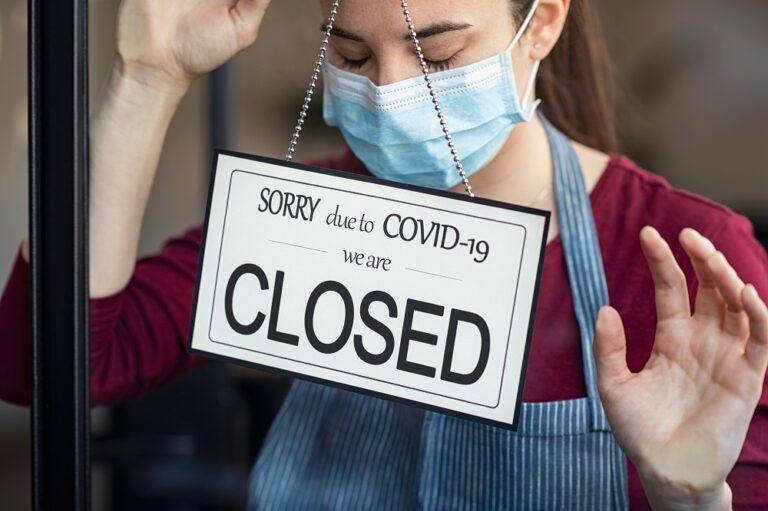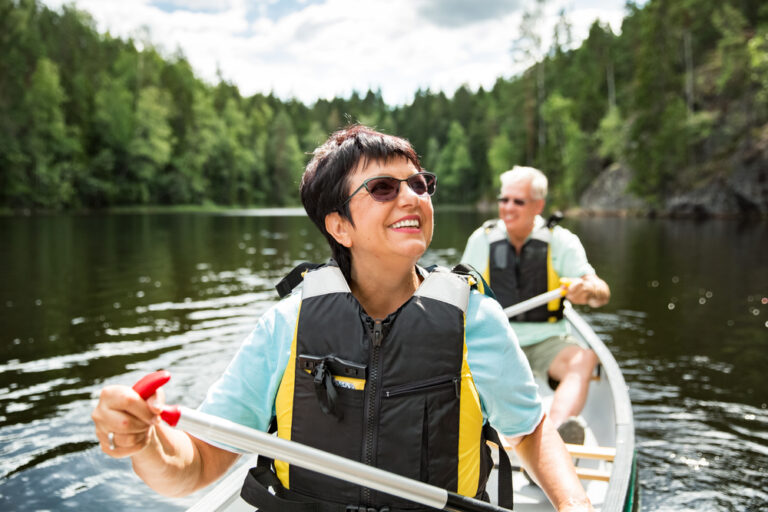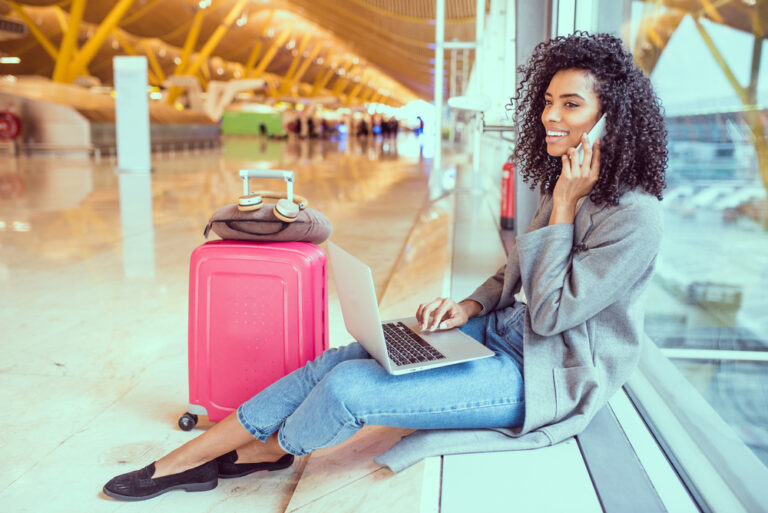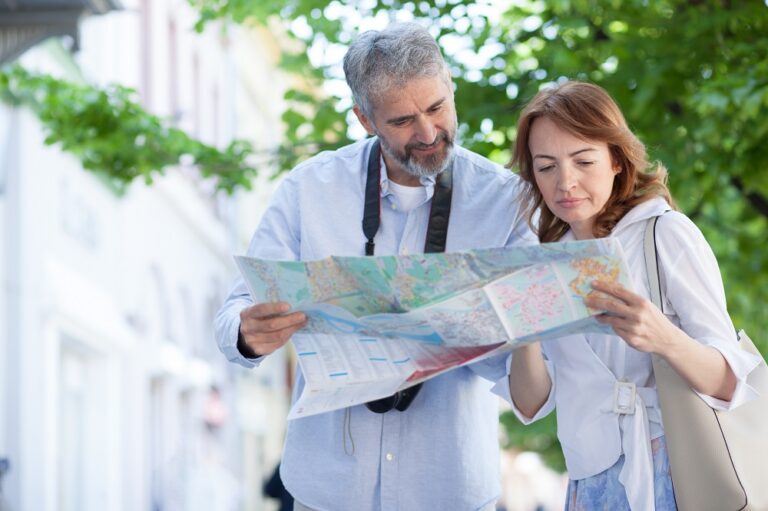
Now that we have vaccines, many seniors are eager to travel again. While many of the international destinations are accessible to the older public, there are still some risks worth taking into considerations.
As a general rule, seniors should be extra cautious when it comes to their traveling itinerary. Because it’s better to be safe than sorry, you can easily avoid potential disasters or misfortunes just by following some simple traveling rules.
Accidents can occur anywhere, but it’s way more difficult to recover when you’re older and in a foreign country. That’s why it is so important for elderly travelers to make a plan for the unexpected. Not will you will have everything covered, but you’ll also feel more relaxed! Let’s see some travel tips for senior travelers!
- Make sure you have travel insurance – Travel medical insurance is something to keep you physically safe and financially secure, and it’s mandatory to have one, no matter the age. If something happens to you abroad, this document will allow you to receive the medical attention that you need, without facing any obstacle or additional cost. If you think Medicare will cover you while you’re abroad, you’re wrong. It’s best to have this added protection with you.
- Make sure your travel insurance plan has a “Cancel for Any Reason” coverage – Basic travel insurance will help you get reimbursed if you cancel your trip for a limited number of covered reasons. Some of these reasons include situations that are out of the insured’s control, like a natural disaster. But if you have CFAR included in your plan, you can cancel your travel plans for any reason you might have, and this is particularly helpful during these pandemic times.
- Choose an aisle seat on long flights – If you’re about to face a long flight, you don’t want to bother your seatmates every 20 minutes to stretch, or to grab something, or to go to the bathroom. To avoid all this fuss, make sure you choose an aisle seat.
- Keep medicines close to you – By keeping your meds close to you, you avoid any unfortunate circumstance where you might not have access to your medication. Keep all the meds you need in your handbag, so you won’t have anything missing during the flight.
- Print and share your travel documents – It is very important to have printed copies of your itinerary and flights. Also, you can make a copy for those you are visiting, so they’ll know at what time your plane is arriving. Make sure you have copies of your travel insurance, your password ID page, visas, emergency contacts, and medical information with you.
- Learn your itinerary – It’s mandatory to know as much as possible about your trip: flight departure, arrival times, terminal maps, and immigration information.
- Get to the airport early – If you get to the airport early, you make sure you won’t have to run if something unexpected happens. Find your way to the right terminal(section of the airport) and gate (where the planes are boarded). If you need help and you can’t walk a longer distance, ask for a wheelchair or assistance.
- Skip the alcohol and drink water – You might not have been aware of it, but flying at high altitudes can dehydrate you. While many think that if they sit quietly they won’t need a lot of water, you can’t possibly have any bottle of water with you on a 5-hour flight!
- Ask attendants for help anytime you want – Those crew members are there to help you with whatever you might need, so don’t hesitate to ask for their help!
- Have some healthy snacks on hand – Alongside a bottle of water, you should make sure you have some healthy snacks with you. Some nuts, sliced fruit, or energy bars are all good options. You can pack your snacks in plastic zip bags, so you won’t transform your bag into a fruit basket.
- Stand up and stretch – One of the most dangerous risks for elderly travelers is DVT or deep vein thrombosis. This appears after the senior didn’t move or stretch for many hours.
- Ask for help with your luggage – If you aren’t traveling with light luggage, you can ask for help. Ask another passenger to grab your bag, or a porter to load your bags into the taxi or the hotel van.

























